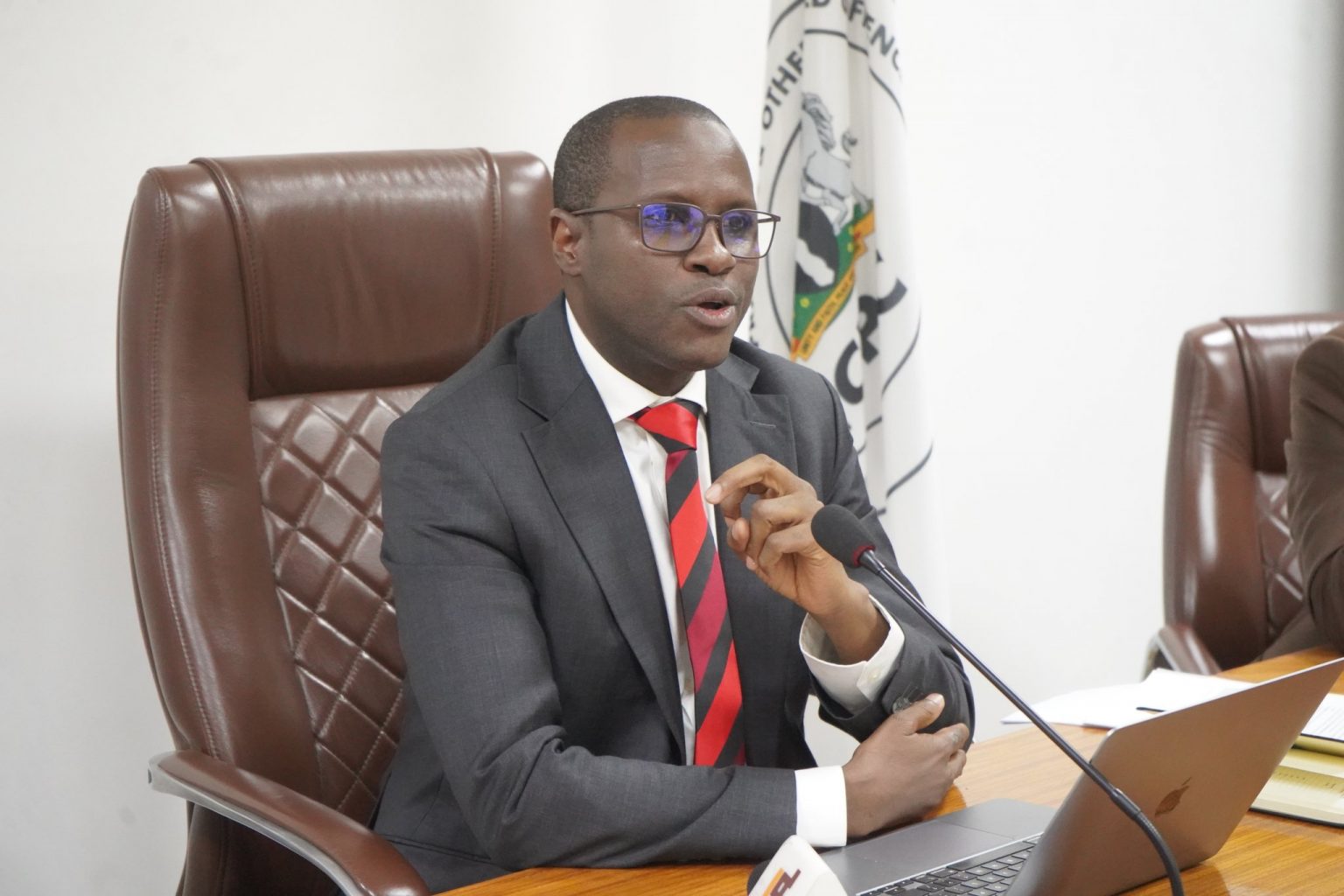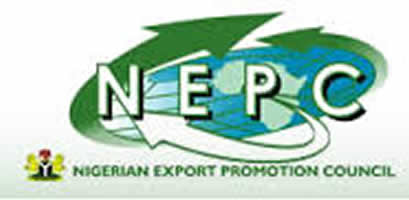The Independent Corrupt Practices and Other Related Offences Commission on Wednesday charged the National Assembly to demonstrate more seriousness in its oversight role on revenue-generating agencies of government.
The anti-graft agency also condemned the practice of some Ministries, Departments and Agencies for their alleged mismanagement of public funds.
Speaking at the 2025 National Conference on Public Accounts and Fiscal Governance organised by the Senate and House of Representatives Public Accounts Committees in Abuja, ICPC Chairman, Musa Aliyu, called for tougher legislative measures to ensure that revenue generated and collected are timely remitted to government coffers by the provisions of the law.
“You see, the funny thing is that these revenue-generating agencies believe the money is their own.
“But unfortunately, it’s not theirs. So please, intensify oversight so they’ll be held accountable and bring to the table whatever they collect,” he said.
Represented by the Director of Finance, Akporo Michael, Aliyu pledged support for the country’s fiscal policy reforms, particularly the recent tax legislation signed into law by President Bola Tinubu.
“For the first time in our history, the government has taken the bull by the horns by reforming our tax system.
“These reforms aim to increase our tax-to-GDP ratio to between 18% and 20% in the coming years,” he said, adding that this would help the country meet its growing development needs.
He said Nigeria’s low tax-to-GDP ratio of 7.8 per cent is among the lowest in sub-Saharan Africa, noting that countries like Kenya, South Africa, and Egypt are recording double-digit ratios and reaping the benefits in infrastructural development and service delivery.
“Our budget implementation suffers every year because we do not mobilise enough revenue.
“Contractors in my office have been waiting for payment since last year. It is time to close the gaps,” he said.
He also lamented what he called the lack of openness in the operations of the Nigerian National Petroleum Corporation Limited.
He stated, “Saudi Arabia’s national oil company in the year 2024 posted a net profit of $106.25bn. Around the same year, you can do a good mix. How much does our NNPCL post pay? $2.4bn in 2024.
“These are players in the same league. Granted, Aramco’s capacity is higher than that of NNPCL. Their production on a daily basis is 9.1m barrels per day, while Nigeria in 2024 was doing 1.3m. We agree. So let’s assume that Aramco is producing 10 times that of Nigeria.
“They made a profit of $106bn. If their capacity is just 10 times higher, what should be our net profit? At least 10% of theirs. But we got only 2.4%.”
The ICPC chair also called for the overhaul of Nigeria’s public sector salary structure, which he described as unjust and demoralising.
He urged the National Assembly to engage the Salaries and Wages Commission to harmonise pay scales in a way that reflects fairness, justice, and economic reality.
While applauding recent wins in Nigeria’s global corruption ranking, he noted that the fight must continue.
He reminded the audience of Nigeria’s past designation as one of the world’s most corrupt countries by Transparency International and cautioned against complacency.
“We’ve improved, but we’re still not where we should be. Out of 140 countries ranked by Transparency International in 2024, Nigeria is still behind at 100. That means only 40 countries are below us,” he said.
To address leakages and enhance transparency, Aliyu called for the digitisation of key government processes, including payroll, procurement, and revenue collection.
He cited the successes of the Integrated Payroll and Personnel Information System, which helped the ICPC recover ₦21bn in salary fraud in a single investigation.
“If we digitise our systems and eliminate human discretion, we will cut out most of the corruption,” he said.
Aliyu cited international examples like Bulgaria, where procurement processes are fully transparent and publicly accessible.
The ICPC boss also called on the National Assembly to enact a comprehensive whistleblower protection law, describing it as a vital tool to encourage citizens to come forward with reports on corruption.
“Let it not just be policy. Let it be a law, with protection and incentives for those who speak out,” he said.
According to him, the country’s survival depends on the outcome of the anti-corruption fight.
“We don’t have many options – just two. It’s either we kill corruption or corruption kills us. And the choice, as they say in science, is in our hands,” he added.
On his part, the Governor of the Central Bank of Nigeria, Olayemi Cardoso, called for greater synergy between monetary and fiscal authorities to enhance Nigeria’s macroeconomic stability and ensure sustained national development.
“Contrary to the general belief, the Central Bank and fiscal authorities are not working at cross purposes.
“They may appear to have different tools, but both are focused on achieving the same goals: economic growth, stability, and improved welfare for Nigerians,” he said.
Cardoso noted that one of the apex bank’s major concerns is to balance government spending with the maintenance of macroeconomic stability, especially in areas like inflation, exchange rate management, and the strength of the naira.
He highlighted that since the inauguration of the current management at the CBN, the bank has adopted a proactive approach to both global and domestic economic developments.
He cited the minimal impact of recent geopolitical tensions as proof of this shift in strategy.
“We don’t sit and wait for events to occur. That’s why even recent global disruptions have had minimal impact on Nigeria’s economy,” he said.




